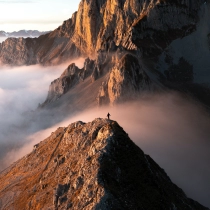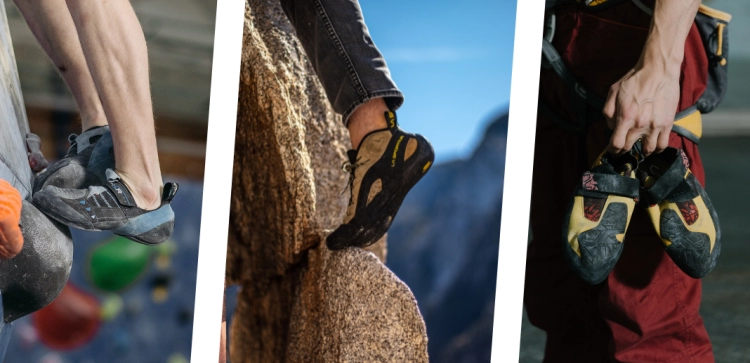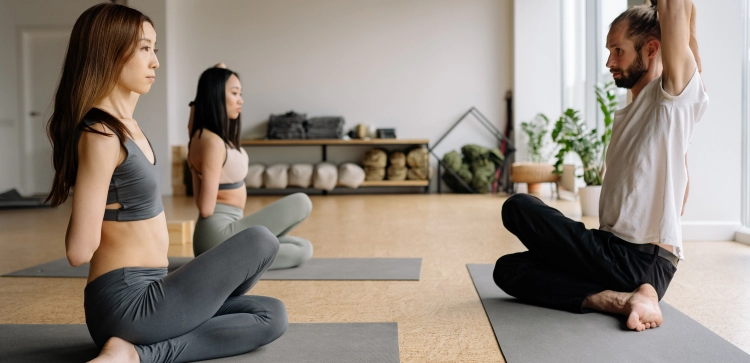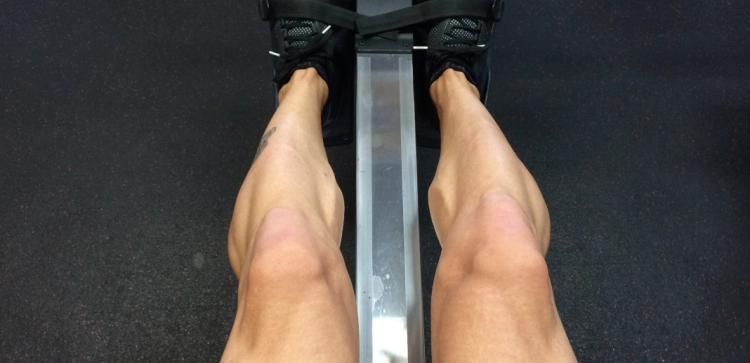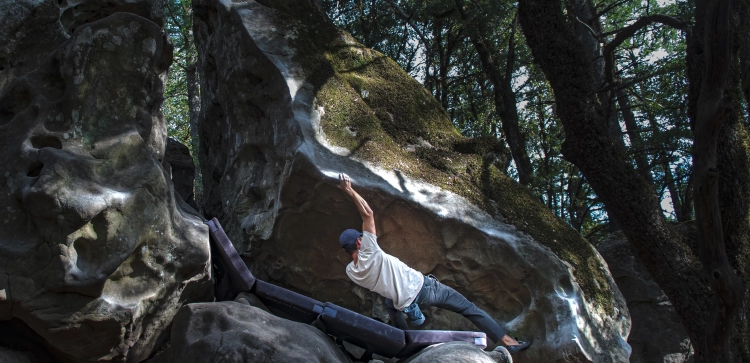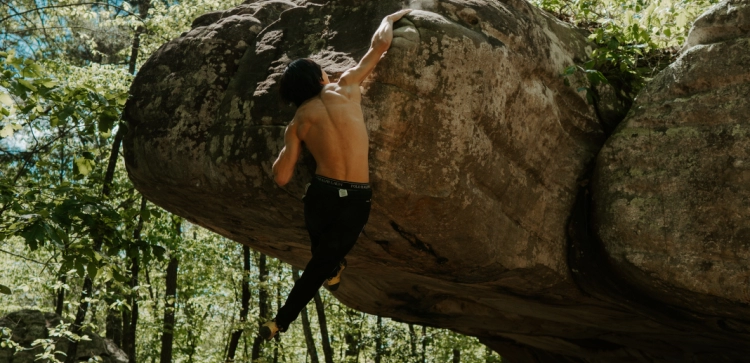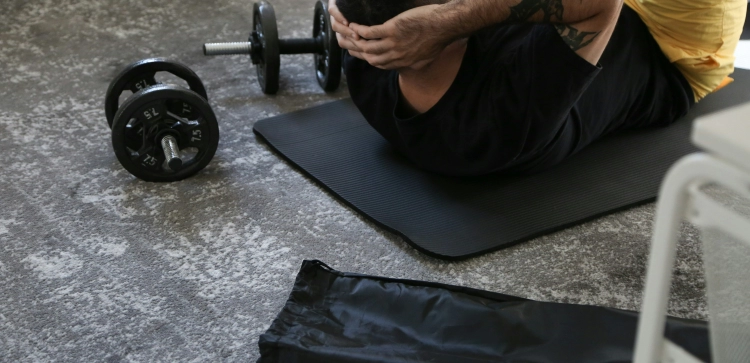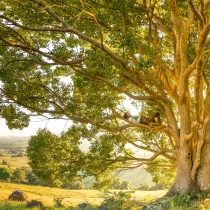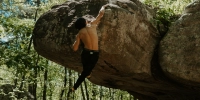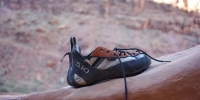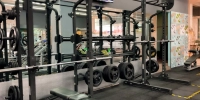Abdominal Muscle Development Through Bouldering: Unleashing Your Core Power!
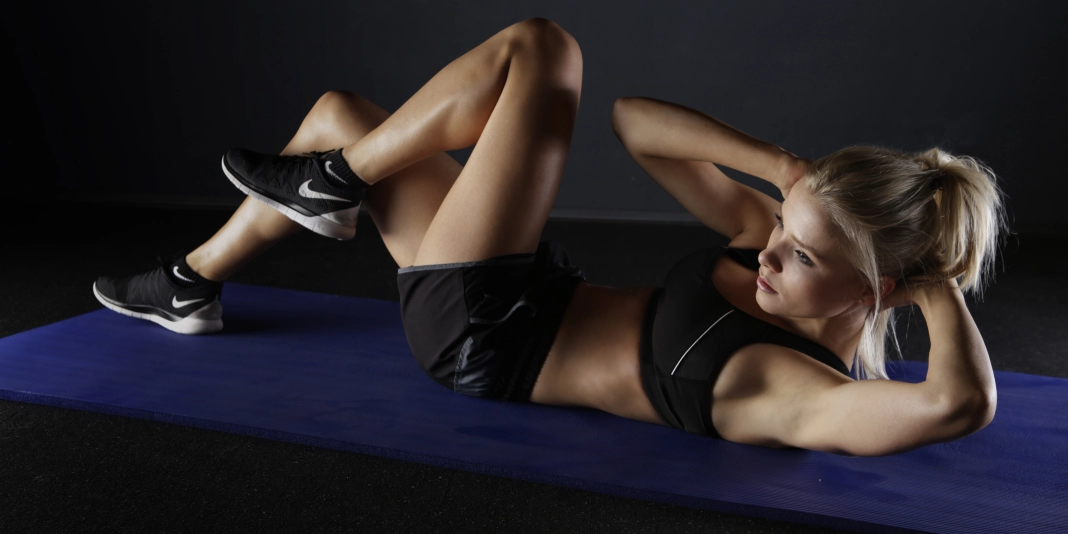
Wondering why core and abdominal muscles are essential for bouldering? The answer is simple: they play a pivotal role in your climbing performance! Your core and abs act as the powerhouse, stabilizing your body and generating force during intricate moves on the wall. But there's more to it than just climbing efficiency - we'll delve into the secrets of bouldering for abs and core training.
- The Core Of Bouldering: Why It Matters
- From Sit-Ups To Sending: Core Training In Bouldering
- The Difference Between Core Strength, Abs, And Tension Strength
- Strengthening Abs Through Climbing: The Right Moves
- Core Exercises In Bouldering: Enhancing Your Performance
- Conclusion: Unleash Your Core Power On The Wall
- Some Commonly Asked Questions
The Core of Bouldering: Why It Matters
Picture this: You're midway through a challenging boulder problem, and you need every ounce of strength and stability to reach that elusive hold. That's where your core and abdominal muscles come into play. A solid core acts as your powerhouse, stabilizing your body and generating force to perform intricate moves on the wall. Not only does it enhance your climbing efficiency, but it also helps prevent injuries and reduces unnecessary overuse of other muscles. By being more stable on the wall and utilizing core muscles more efficiently, muscles in your arms and back will be strained less, allowing you to climb longer.
From Sit-Ups to Sending: Core Training in Bouldering
So, you might wonder, how does bouldering work those abs and core? Climbing, especially bouldering, engages your core muscles in ways you may not even realize until the next day when you feel the DOMS. With each move, you're engaging your core to maintain body tension, control your balance, and stabilize yourself on the wall, especially during those moves where you have to maintain a certain body position. Your abs are constantly at work, ensuring you stay close and connected to the wall, even more so on overhanging climbs.
The Difference Between Core Strength, Abs, and Tension Strength
Before we hit the wall, let's clear up the confusion about core strength, abs, and tension strength. Core strength involves all the muscles around your midsection, including the abs, obliques, and lower back muscles. These muscles work together to provide stability and power during your climbs. On the other hand, abs (rectus abdominis) are the visible muscles that create the coveted six-pack look. Lastly, tension strength is the ability to create and maintain tension throughout your body, crucial for maintaining static positions and making delicate moves.
Strengthening Abs Through Climbing: The Right Moves
To target your abs effectively in bouldering, you can incorporate specific exercises into your climbing routine. Moves like knee raises, hanging leg lifts, and toes-to-bar help target your lower abs and build strength for precise footwork. Additionally, mastering compression moves and using your feet to create tension can activate your upper abs and obliques.
Core Exercises in Bouldering: Enhancing Your Performance
Incorporating core exercises in your bouldering training can lead to remarkable improvements in your climbing performance. Exercises like planks, Russian twists, and side planks can help build the endurance and stability needed for prolonged climbs. Remember, a strong core isn't just about explosive moves; it's about maintaining control and stability throughout your entire climb.
Conclusion: Unleash Your Core Power on the Wall
Bouldering isn't a sport that focuses solely on finger and arm strength. It has a very large and noticeable emphasis on core strength and body tension, sometimes to an even surprising level!
If you are stuck or trying to break through a plateau and you haven't really invested the time in training your core, now may be a great time. Training your core can really make a noticeable difference in your climbing performance and even style, as you will be able to climb more efficiently, and do moves you may have not even been close to doing before.
Some Commonly Asked Questions
Why is core strength important in bouldering?
Core strength is one of the foundations of climbing. It's like having a secret weapon on the wall. A strong core not only stabilizes your body during challenging moves but also generates the power needed for explosive dynos and dynamic movements. Training your core and learning how to engage it can improve your balance, body tension, and overall climbing efficiency in a very noticeable way. It can also improve the time you are able to stay on the wall, preventing you from getting pumped by overusing other muscles.
How does bouldering target the abs?
Bouldering is a full-body workout, ask most first-time climbers and they will probably confirm that. What surprises many, though, is the strain it has on your core muscles. People usually assume that climbing focuses mainly on your fingers, arms, and back, which it very much does, but, it also focuses very heavily on your core muscles as they are what actually stabilize you and keep you on the wall in an efficient way, rather than consistently pulling yourself closer to the wall with your arms. Every time you perform any kind of move while climbing, your core muscles are at work, keeping you stable and on the wall.
What's the difference between core strength, abs, and tension strength?
Core strength refers to the overall strength of the group of muscles around your midsection, including the abs, obliques, and lower back. It's the system that stabilizes your body and helps you generate force during climbs. On the other hand, abs (rectus abdominis) are the visible muscles on the front of your abdomen that create the coveted six-pack look. Body tension is the ability to create and maintain tension throughout your entire body, this is especially crucial in overhanging walls and in climbs where you have to remain static and stable.
Can I improve my climbing performance by strengthening my abs?
Yes! Strengthening your core can be a game changer in climbing, especially if you have never really focused on training your core or body tension.
Training your core will allow you to climb more efficiently by reducing stress on other muscles, such as your arms and back, allowing you to climb longer rather than over-using these muscles and getting pumped early on. Having a strong core also improves climbing efficiency by enabling you to climb in a more controlled and stable way, rather than powering through all of the moves.
